Overview
The School of Management, Tribhuvan University (SOMTU) was established in 2012 AD (2068 BS) as an autonomous institution within the Faculty of Management. The SOMTU envisions implementing its programs with a professional touch, backed by a huge support base of academically qualified faculty members with extensive exposure and experience.
The operation of the School of Management (SOMTU) is governed by the Working Procedure Regulations of 2066, which grant the institution full autonomy. The SOMTU Governing Board is the apex body that is authorized to determine all academic, administrative, and financial policies of the School.
Designed to provide a focused learning environment, SOMTU aims to develop professionals who understand both local business dynamics and international challenges. This school offers a space where academic learning meets real-world application.
Institutional Highlights
| Key Feature | Description |
|---|---|
| Year of Establishment | 2012 AD (2068 BS) |
| Academic Affiliation | Tribhuvan University, Faculty of Management |
| Operational Status | Autonomous academic institution |
| Programs Offered | MBA, MBA GLM, MBA IT, MFC, MPhil, PGDSBM |
| Annual Intake | 40 students per batch, with two sessions each year |
| Internship Period | 10 weeks during the third semester |
| Practical Exposure | Industry tours, field immersions, international study programs |
| Collaborating Partners | Universities and institutions in Asia and Europe |
| Governance | Managed by a governing board of experienced academics |
Academic Programs Offered
Master of Business Administration (MBA)
SOMTU’s MBA is a two-year, full-time program spread over four semesters. It includes a combination of classroom learning, field-based activities, internships, and final research projects. The curriculum emphasizes core business disciplines, including finance, marketing, operations, and human resource management. Students are encouraged to develop practical thinking skills and participate in business simulations and group-based projects.
MBA in Global Leadership and Management (MBA GLM)
This program is designed in partnership with Handong Global University in South Korea. Its structure offers both academic insight and field experience by incorporating international components. Participants are expected to explore leadership practices from a cross-cultural perspective. They also travel abroad during their program to engage in institutional visits and collaborative learning.
MBA in Information Technology (MBA IT)
With digital systems becoming central to business growth, the MBA IT program integrates foundational business education with information systems management. Students explore topics such as digital strategy, IT governance, data systems, and cyber regulations. The goal is to prepare graduates who can manage and innovate within tech-driven organizations.
Master of Finance and Control (MFC)
The MFC program focuses on financial analysis, control systems, and capital planning. Learners engage with case studies, develop budgeting frameworks, and evaluate investment opportunities. It is suited for those who plan to build careers in accounting, finance, or consultancy.
MPhil in Management
SOMTU also offers a Master of Philosophy in Management, primarily for students interested in research and academic careers. The course structure encourages advanced study in organizational behavior, strategic management, and quantitative methods.
Post Graduate Diploma in Sustainable Business Management (PGDSBM)
This one-year program is ideal for individuals interested in corporate sustainability and environmental responsibility. The curriculum explores environmental management, ethical business practices, and sustainable policy frameworks, enabling students to understand business responsibility in contemporary contexts.
Application and Admission
Eligibility Criteria
Applicants must have completed a bachelor’s degree with a minimum of 45 percent or a GPA of 2.0. Beyond academic qualifications, candidates undergo a multi-step admission process that includes a written entrance test, group discussion, and an in-person interview.
Student Intake and Sessions
Each program accommodates a maximum of 40 students per session, with admissions occurring twice a year. This limited intake allows for a focused and personalized academic experience.
Teaching Approach and Faculty Involvement
The learning environment at SOMTU goes beyond lectures. Faculty members bring academic knowledge and industry insight into the classroom. Methods used include case analysis, role-playing, field assignments, and collaborative projects. Students are encouraged to think critically and apply what they learn through presentations and peer reviews.
Interactive Learning
The program incorporates guest lectures, policy discussions, and thematic workshops. Instructors guide students to connect theoretical understanding with practical implications. Many sessions involve real-world examples drawn from Nepal’s economic landscape.
Academic Support and Mentorship
Each student is assigned a faculty advisor who supports their academic journey and provides guidance on internships, projects, and career direction. This mentorship ensures that students not only complete a degree but also grow professionally during their time on campus.
Infrastructure and Campus Facilities
Learning Spaces
Classrooms are equipped to facilitate group activities, discussions, and presentations. The campus features IT-enabled teaching resources, library access, and business simulation tools.
Facilities for Research and Study
The library includes printed texts and digital access to journals, databases, and business case repositories. SOMTU also houses dedicated spaces for group study and project development.
Student Amenities
In addition to academic spaces, the campus includes a canteen, relaxation areas, and spaces for informal student interaction. These common areas contribute to a balanced student life.
Experiential Learning Components
Field Immersion
In the second semester, students participate in a week-long field visit to observe and analyze the business practices of organizations outside the classroom environment. This offers an opportunity to study real-time management practices.
Industrial Tours
Organized in the third semester, industrial tours help students understand the operational structures of various businesses. These trips are usually within or outside the Kathmandu Valley. The institution partially supports lodging and transportation.
Internship Placement
Towards the end of the third semester, students undertake a 10-week internship with companies across various sectors. This professional experience is vital for understanding workplace dynamics and refining career goals. Final presentations are conducted upon completion of the internship.
International Study Tour (For MBA GLM)
MBA GLM participants travel to South Asia or Southeast Asia to meet business leaders, explore new markets, and present academic findings. This provides valuable exposure to global operations and decision-making processes.
Student Life and School Engagement
Co-curricular Activities
Student life at SOMTU is active. Management fests, simulation events, case competitions, and business model presentations are part of the learning calendar. Students often take leadership roles in planning and organizing these events.
Clubs and Committees
Various student-led groups focus on entrepreneurship, social responsibility, finance, and public speaking. These platforms allow learners to develop confidence and collaborative skills.
Peer Learning Culture
Study groups, mentorship circles, and peer-led discussions help build a community of learners who support one another throughout the program.
Financial Assistance and Scholarships
SOMTU offers support to deserving students through scholarships and partnerships with institutions and local governments. Scholarships are granted based on academic merit or financial need. Collaborative partners also contribute to funding options for students from underrepresented backgrounds.
Recognition and Growth Timeline
-
2010: Approval of SOMTU’s framework by the TU Executive Council
-
2012: First MBA batch begins
-
2014: Launch of MBA GLM in partnership with Handong Global University
-
2014: Introduction of the MFC program
-
2016: MBA IT introduced
Key Partnerships
SOMTU collaborates with a wide range of institutions for academic exchange, research, and student exposure:
-
Handong Global University, South Korea
-
Birla Institute of Management Technology, India
-
Ministry of Commerce and Industry, Nepal
-
Southwestern University of Finance and Economics, China
-
Pompeu Fabra University, Spain
-
Nabil Bank Ltd.
-
Sun Life Insurance
-
LeadX Nepal
-
Investment Board Nepal
These collaborations enrich the academic experience and create pathways for future opportunities.
Why Choose SOMTU?
For students seeking a balanced blend of academic depth and real-world experience, SOMTU offers a compelling choice. With its autonomous status, the school has the flexibility to tailor its curriculum and operations. Its emphasis on learning through doing helps students apply classroom theory to practical situations. The institution’s partnerships and field programs offer global exposure without losing sight of the local context.
Final Thoughts
The School of Management at Tribhuvan University provides a practical, structured, and responsive education that meets the needs of modern business. Students who study here become part of an environment where academic learning, skill development, and ethical values come together. It’s more than just a degree—it’s a path toward understanding and engaging with the evolving challenges in business and management.
Contact the School of Management - Tribhuvan University (SOMTU)'s administrative office for detailed information on the course, admissions, location, fees, scholarships, facilities, counseling, or eligibility.


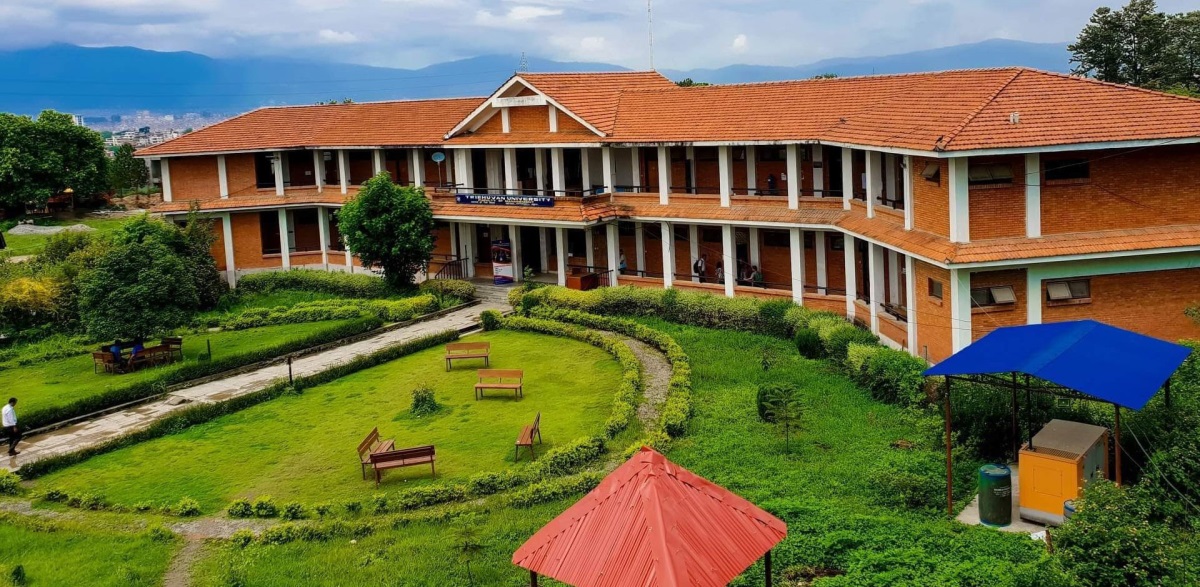


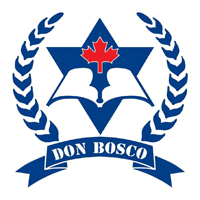

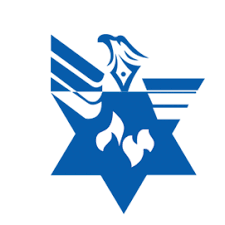
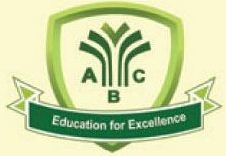
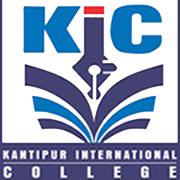










You need to login to comment.